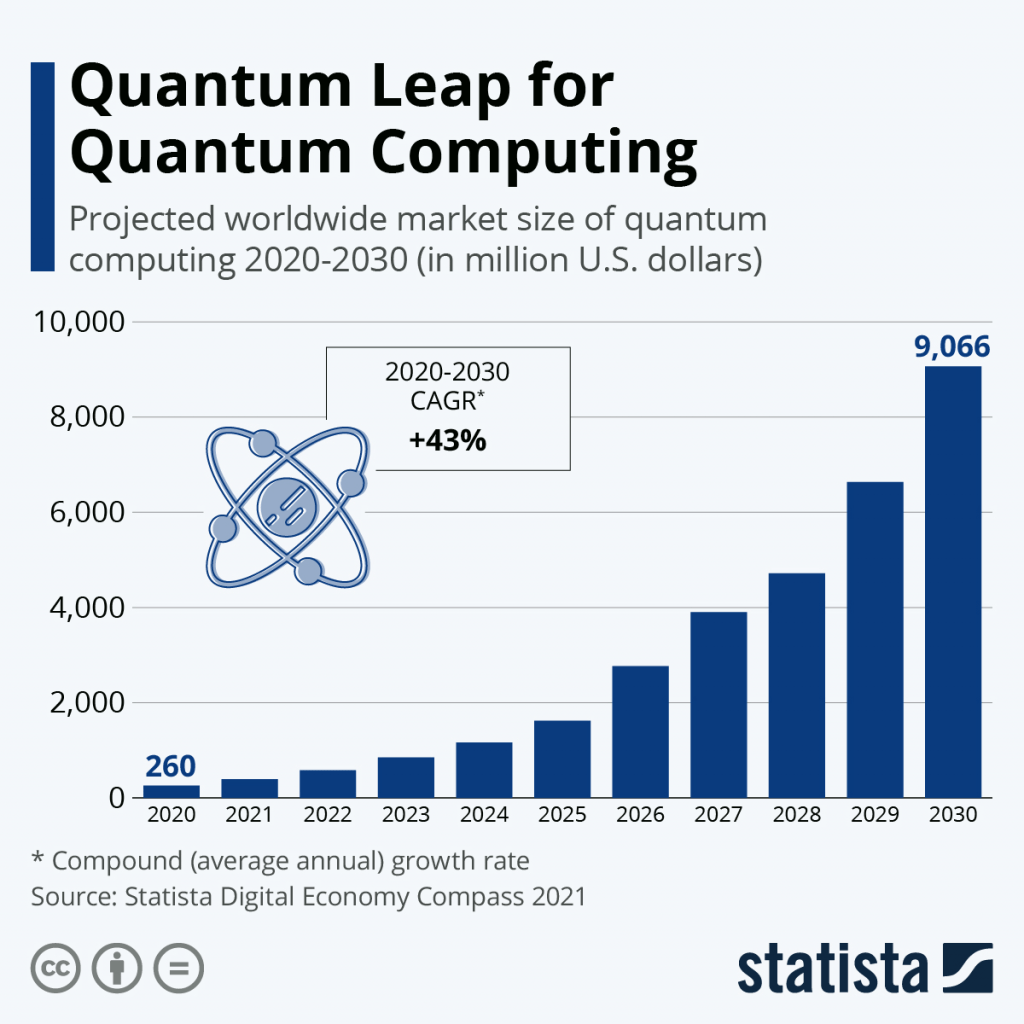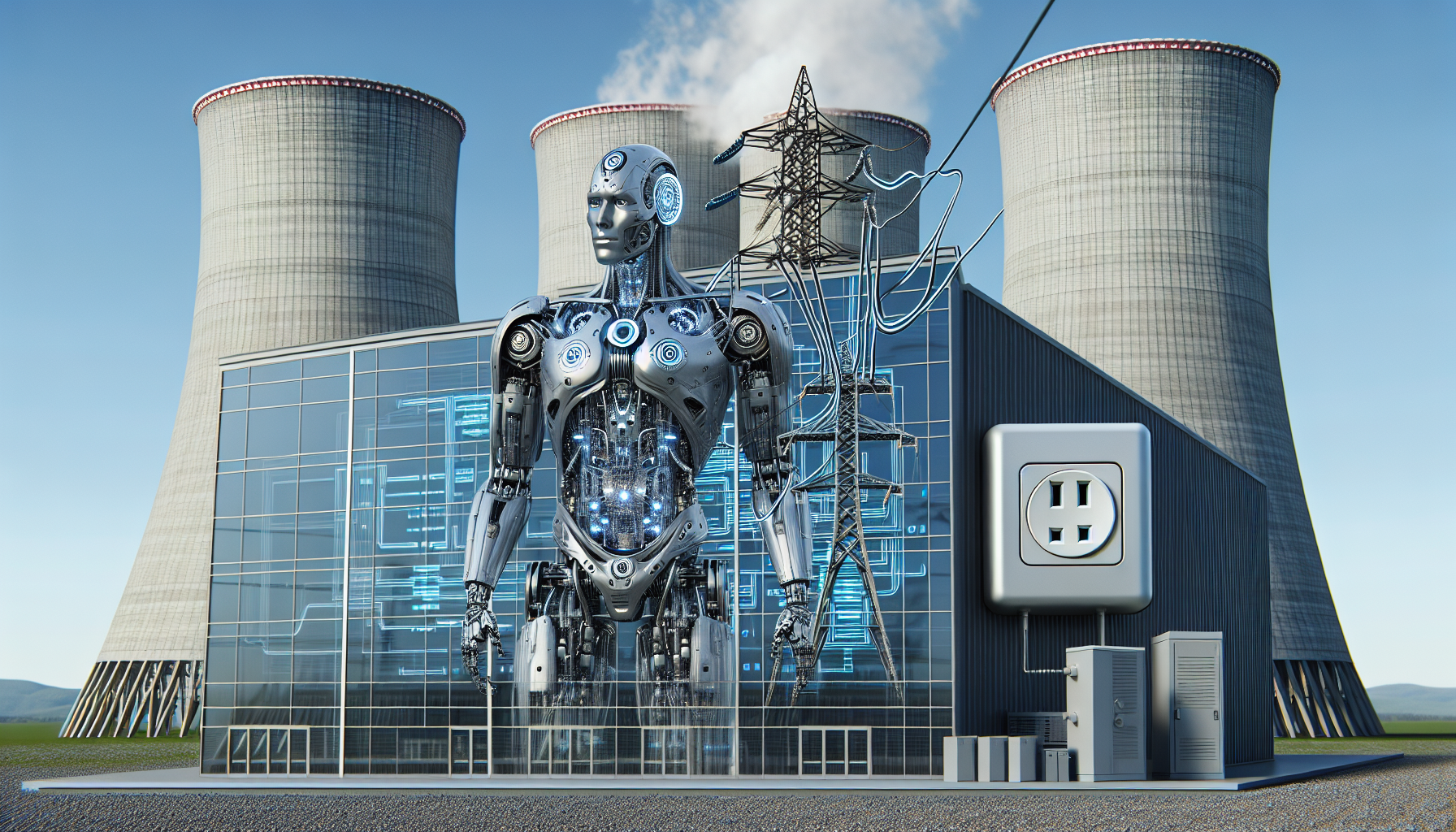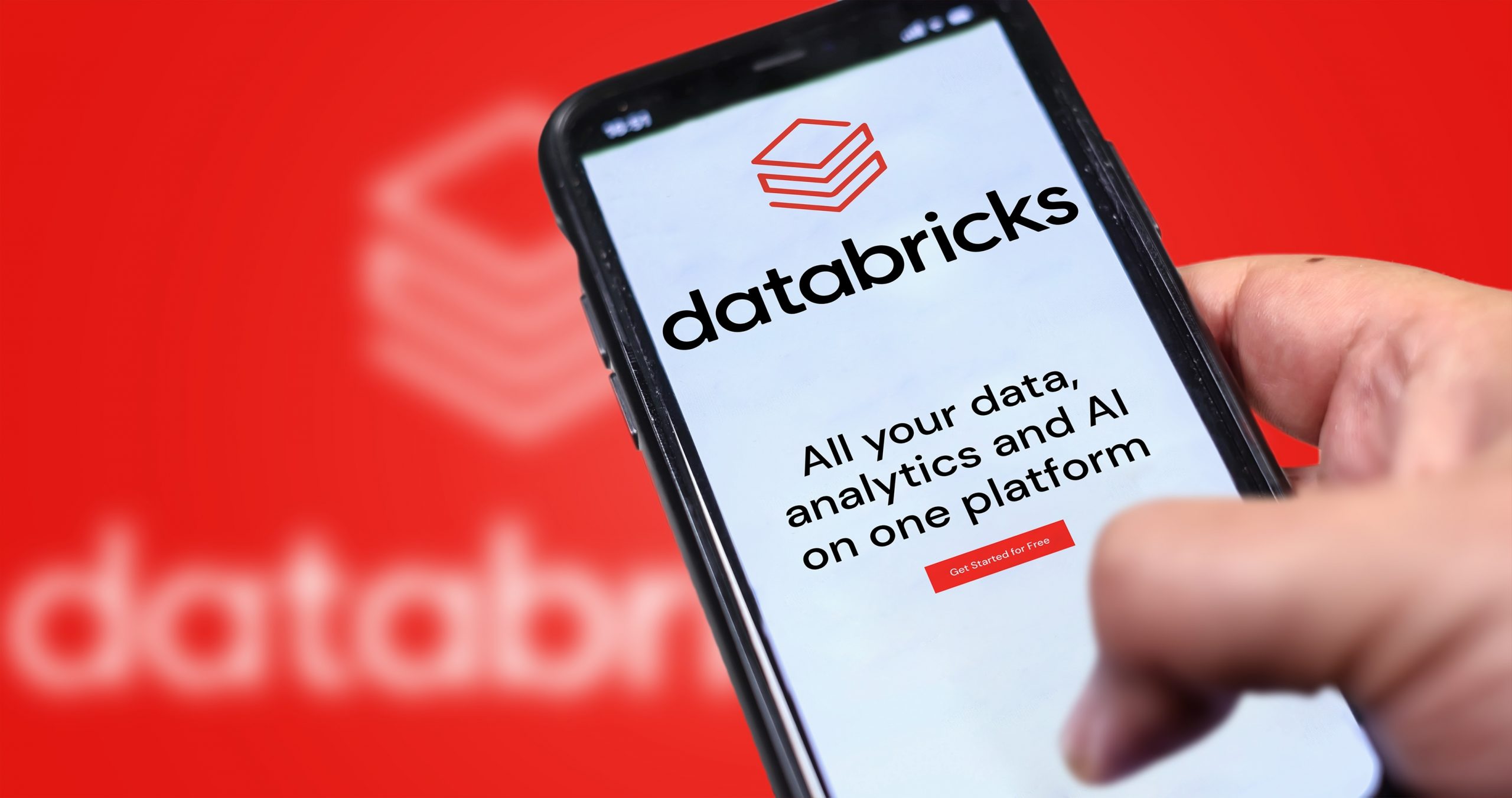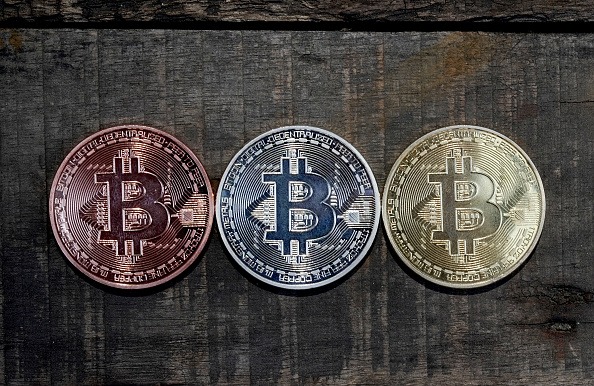Quantum Computing Stocks Surge in 2023 on AI Potential
Quantum computers are faster and more powerful than traditional computers, and are expected to turbocharge AI development in the coming years

The age of AI has officially arrived, but this technological revolution is still in the early stages of development.
At some point soon, ChatGPT might seem rather rudimentary, like Pong—one of the original arcade video games—does today.
But in order to unlock the next major stage of development in the AI sector, human civilization will first need to master quantum computing. In the corporate sector, the race to commercialize quantum computing is already in full swing.
It may have flown below the radar, but shortly after partnering with OpenAI (the creator of ChatGPT), Microsoft (MSFT) announced a huge new investment into its quantum computing research. There’s a reason for that.
On June 21, Microsoft revealed plans to build an in-house quantum supercomputer within the next 10 years. Along with the announcement, Microsoft’s vice president of advanced quantum development, Krysta Svore, said of the proposed timeline, “We think about our roadmap and the time to the quantum supercomputer in terms of years rather than decades.”
Leaders at Microsoft understand the company requires substantial quantum capabilities. What was left unsaid was that Microsoft will likely buy-out or partner to gain the necessary quantum technology if the company’s internal efforts prove insufficient—as Microsoft did recently with AI and ChatGPT.
Investors and traders looking for additional proof that quantum computing will be one of the next big things in the world of technology should look no further than the quantum computing niche of the stock market.
Stocks exposed to the quantum computing sector have been on fire in 2023, much like those associated with artificial intelligence.
Case in point, IONQ Inc. (IONQ) is up nearly 350% so far this year. That’s more than Nvidia (NVDA), which has been the poster child for AI in 2023, and is up roughly 230% year-to-date.
Why quantum computing will accelerate AI development
Quantum computing represents the future of technology—these systems are expected to be exponentially faster and more powerful than even the highest-performing supercomputers in operation today.
For example, Alphabet (GOOGL) revealed in early July that its own quantum computer “instantly makes calculations that would take the best existing supercomputers 47 years [to compute].”
However, speed and power aren’t the only things that differentiate quantum computers.
Traditional computers use bits (0s and 1s) to process information, but quantum computers use quantum bits (qubits), which is where these computers get their name. Qubits can exist in a state known as superposition, where a qubit can be both zero and one simultaneously.
As a result, the power of a quantum computer grows exponentially as more and more qubits are linked together. That’s vastly different from traditional (i.e. classic) computers, whose power grows in linear fashion as more transistors are added to the machine.
In short, that means data can be processed more quickly using quantum computers, which makes them better-suited for training AI models. Moreover, quantum computers are capable of processing a much larger volume of data.
Quantum computers are also expected to handle complex problems/operations easier than classic computers, which means they won’t just be faster, they’ll also be more dynamic.
That means quantum computers will be able to decipher complex patterns that are often overlooked by classic computing technology. Furthermore, it’s projected that the quantum annealing process will allow these machines to solve higher-level problems, and provide more accurate insight and advice, particularly as it relates to optimization.
Speaking to that future potential, Dr. Michio Kaku—a professor of theoretical physics at the City College of New York and the cofounder of string field theory—recently said, “The chatbots that are a revolution in software and then quantum computers, which are a revolution in hardware, when they get together, watch out.”
Considering the aforementioned information, it’s no great surprise that the quantum computing sector is expected to grow rapidly in the coming years.

When will quantum computing officially arrive?
In order to reach commercial viability, it’s estimated that quantum computers will need the horsepower to process millions of qubits.
Today, the most advanced quantum processors can only handle a few hundred qubits, which is why most projections suggest it will be another several years before this technology starts producing meaningful revenues.
At this time, there’s only a small group of select companies with the capability to get there.
IBM (IBM) is one of the early front-runners in the race to make quantum computing commercially viable. Since 2016, IBM has built roughly 30 quantum computers. In early November of 2022, IBM announced it had built a 433-qubit quantum processor.
Importantly, IBM is expected to produce a 1,000-qubit processor—nicknamed Condor—by the end of 2023. IBM previously announced its intention to produce a 4,000-qubit processor by 2025.
That means IBM is not only on the cutting edge of quantum research, but also possesses the largest collection of quantum computers in the world, suggesting the company will be a key player in the quantum industry for years to come.
Another company making a splash in quantum computing is Alphabet (GOOGL).
The primary department for Alphabet’s quantum research is its Quantum AI Lab (QuAIL), which was founded back in 2013. QuAIL is technically a joint initiative, involving a collaboration between Alphabet, NASA and the Universities Space Research Association.
In 2019, Alphabet announced that its quantum division had officially reached “quantum supremacy,” which means QuAIL developed a machine that can solve problems which can’t theoretically be solved by traditional computers.
Earlier this year, Alphabet also announced it had successfully overcome the “error rate” problem in quantum computing, which relates to the extreme sensitivity of quantum computers to their environment.
Due to their intricacy and hi-tech nature, quantum computers are extremely difficult to build. They are also extremely sensitive to temperature, vibration, material impurities and other environmental factors.
As a result, even the slightest changes to a quantum computer’s environment can throw the machine out of sync—a problem that’s often referred to as decoherence. Alphabet’s recent announcement suggests the company has overcome some of these challenges, which would represent a significant advancement in this nascent industry.
Beyond Alphabet and IBM, the quantum landscape is composed of other large multinational tech companies and a variety of small startups. Some of the latter are publicly traded, while others remain private.
IONQ Inc. (IONQ) went public via a SPAC merger in 2021. Unlike Alphabet and IBM, which utilize superconducting circuits in their quantum hardware, IONQ leverages trapped ions for the basis of its qubits.
On the company’s website this technology is described as superior to synthetic quantum hardware because trapped ions rely on “counterintuitive physics, precision optical and mechanical engineering, and fine-grained firmware control over a variety of components.”
IONQ is currently developing its Forte quantum computing system, which it believes will produce commercially viable results in the foreseeable future.
Rigetti (RGTI)—which also went public via a SPAC merger in March of 2022—is currently working on an 84-qubit machine called Ankaa. Eventually, Rigetti plans to group four of its Ankaa machines together into a larger system called Lyra.
In addition to the above, Amazon (AMZN), Alibaba (BABA), Baidu (BIDU), Intel (INTC) and Toshiba (TOSYY) are also focused on developing advanced quantum capabilities. And from a start-up perspective, some of the companies to keep an eye on include PsiQuantum, Xanadu, IQM, Atom Computing, ColdQuanta, Zapata Computing, Classiq, Q-CTRL and Pasqal.
Once quantum computers reach commercial viability, the next step will be figuring out how best to utilize them.
D-Wave Quantum (QBTS), for example, is using quantum computing to help companies optimize operations. Some of the companies that utilize D-Wave’s quantum systems and services include Lockheed Martin, NASA, Volkswagen, USRA, USC and Oak Ridge National Laboratory.
On its website, D-Wave indicates that its “customers are building quantum applications for a broad spectrum of industries and use cases such as logistics, financial services, drug discovery, materials sciences, scheduling, fault detection, mobility, and supply chain management.”
To track and trade the quantum computing sector, readers can add the following publicly-traded symbols to their watchlists:
- Alibaba (BABA), -1%
- Alphabet (GOOGL), +38%
- Amazon (AMZN), +55%
- Baidu (BIDU), +21%
- Defiance Quantum ETF(QTUM), +34%
- D-Wave Quantum (QBTS), +100%
- IBM (IBM), -4%
- Intel (INTC), +30%
- IONQ Inc. (IONQ), +350%
- Microsoft (MSFT), +50%
- Quantum Computing (QUBT), -8%
- Quantum Corporation (QMCO), -6%
- Rigetti (RGTI), +200%
- Toshiba (TOSYY), -6%
For more background on the quantum computing sector, check out this previous Luckbox article. To follow everything moving the markets, tune into tastylive—weekdays from 7 a.m. to 4 p.m. CDT.
Andrew Prochnow has more than 15 years of experience trading the global financial markets, including 10 years as a professional options trader. Andrew is a frequent contributor Luckbox magazine.



















